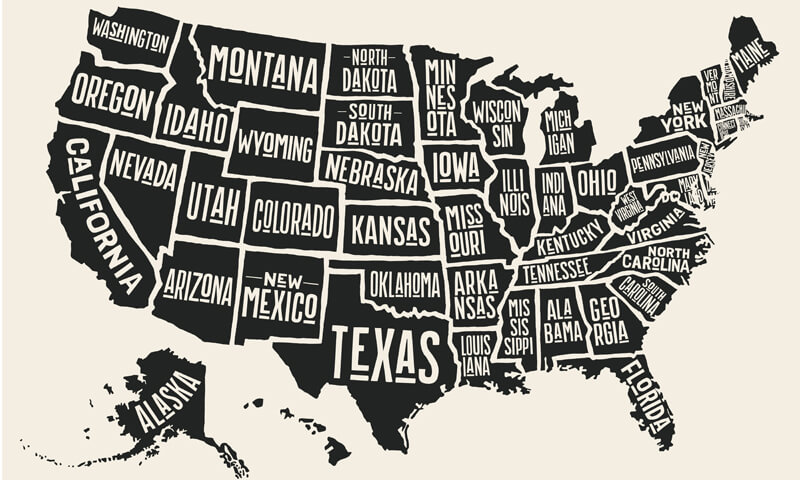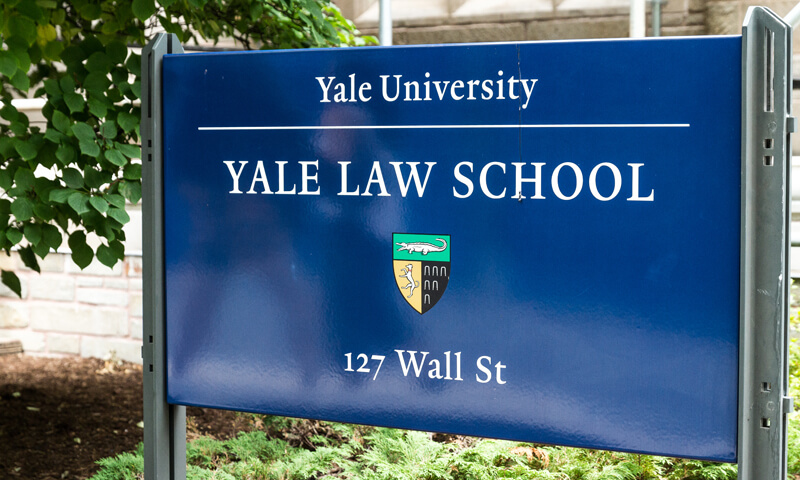
LexisNexis, a leading provider of legal research and analytics, has unveiled a significant development in legal education. The company announced on Wednesday that its generative artificial intelligence platform, Lexis+ AI, will be accessible to 100,000 second-and third-year law and master of law students at American Bar Association (ABA)–accredited law schools starting in the upcoming spring semester.
Extensive Pilot Program Sets the Stage
The decision to offer Lexis+ AI to law students follows a successful test run in the fall. During this trial period, 450 law school librarians, legal research and writing instructors, and legal technology professors were granted access to the platform. Lexis+ AI demonstrated its capabilities, supporting conversational search, intelligent legal drafting, insightful summarization, and document analysis.
Sean Fitzpatrick, CEO of LexisNexis North America, the U.K., and Ireland, emphasized the mutual benefits of this initiative, stating, “It’s a win-win that helps the next generation of lawyers prepare to practice by honing their skills using Lexis+ AI.” He also highlighted the importance of feedback from law school faculty and students for the ongoing development of the solution.
Gathering Feedback for Continuous Improvement
LexisNexis is actively collecting user feedback, which will inform further refinements to the application. The company aims to ensure that the platform aligns with the needs of law students and enhances their educational experience. Faculty training webinars are on the horizon to familiarize instructors with Lexis+ AI and its integration into the curriculum.
Answers from a Robust Legal Repository
Lexis+ AI draws responses from LexisNexis’ extensive repository of legal content. The platform boasts industry-leading data security and a commitment to privacy, reassuring users of the integrity of their legal research and drafting activities.
Addressing Ethical Concerns
In light of ethical considerations surrounding generative AI, LexisNexis remains proactive. A survey conducted by the company revealed that 78% of law school faculty plan to teach productive AI tools during the spring semester. Despite concerns about the ethical use of AI, Kristina Chamorro, an instructional and educational technology librarian at the University of California at Berkeley School of Law, sees the “exciting potential” of Lexis+ AI.
Encouraging Pedagogical Shifts
Daniel W. Linna Jr., a senior lecturer and the director of law and technology initiatives at Northwestern University Pritzker School of Law, views this development as significant. He emphasizes the need for faculty to adapt their teaching methods to incorporate AI tools effectively. Linna questions why only second and third-year law students will have access to Lexis+ AI, suggesting that all law students could benefit from early exposure to these tools.
















































